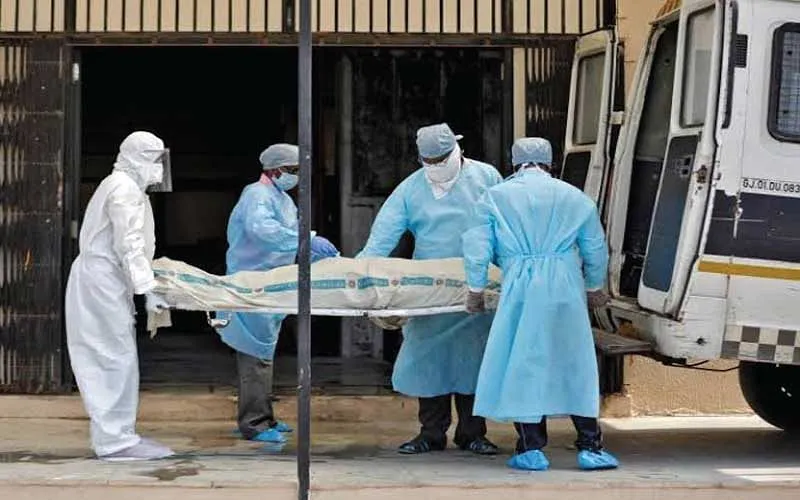We are currently facing a disease (COVID-19) which has been declared as a pandemic and a global medical emergency by WHO. This pandemic will always live in the history books for its enormous social, political and economic impacts. This is not the first time an epidemic or pandemic has appeared in the world. If we go through history, we find that Epidemic or Pandemic of Plague of Justinian (541-542), The Black Death (1346-1350), Sixth Cholera Pandemic (1899-1923), Spanish Flu (1918-1920), Asian Flu (1957-1958), Hong Kong Flu (1968-1969), Swine Flu (2009-2010) have appeared before COVID-19.
Among all these, Spanish Flu was the most severe pandemic in history with 100 million deaths followed by the 14th century’s Black Death with 75 million deaths. Apart from physical health, mental health is also required to combat such diseases. If we try to understand from unani point of view, there are three basic factors for any disease to occur which are;
- Strength of the cause (Quwwate Sabab)
- Duration of contact (Dauraniya-i-lams)
- Susceptibility (Istedade badan)
By modifying anyone, or all factors through various preventive measures, we can protect ourselves from diseases. As the ministry of health is repeatedly issuing guidelines and warnings regarding the spread and prevention of COVID-19.
For example, we can reduce the strength of the cause by using facial masks and PPE, similarly we can decrease the susceptibility through consumption of various immunomodulators.
But at the same time, it is important to take various steps to allay the fear that people have about this disease. Because of the fear of quarantine, it has been observed in most of the areas that people do not get tested despite the appearance of symptoms and cause the disease to spread further.
However, 80% of COVID cases were either asymptomatic or developed only mild symptoms. Also, the mortality rate in India and worldwide is approx. 3% & 6% respectively which is far less than other epidemics in history. Studies have shown that even in normal conditions, people who suffer from any kind of mental illness (e.g. Depression, Anxiety, Fear of death) have lower life expectancy and physical fitness. Therefore, such people are at higher risk for contacting COVID-19 as well. People are so terrified of this disease that everyone thinks about it as the end of the world.
Due to this fear, a man committed suicide in Delhi a few days back just because of impending fear that his COVID-19 test might come positive. Not only ordinary people, healthcare workers and doctors are also being affected by this anxiety. Because of this whole situation, people are stockpiling a lot of goods, which is adversely affecting the poor and depriving them of even essentials commodities.
In addition to all of the above causes, our treatment system also plays an important role in creating this panic situation. To fight against this pandemic, we should not rely on a single system of medicine as there is no definite cure for it in any system. So it is very important that all the systems should work together and take the best steps on their own.
As seen in the beginning only allopathic practitioners were allowed to handle the COVID patients and practitioners from alternative medicine were not allowed to interfere in the treatment. If all the systems of medicine had worked together from the beginning, the disease would not have spread so far and would have been checked, may be far more effectively.
We can prevent mild or moderate cases from turning into severe cases by providing Antipyretics, Antitussives, Bronchodilators and Antihistaminic drugs at an early stage. This will significantly reduce the OPD load, rate of hospitalization, need for Positive Pressure Ventilation (PPV) and Mechanical Ventilation in all COVID hospitals. As a result, treatment and diagnostic tests will be readily available to those who are in severe conditions, and really need all these facilities. It is not easy to test everyone, therefore testing protocols include only asymptomatic cases with contact or travel history, mild flu like symptoms in high risk areas and patients with severe acute respiratory illness. Just as the Maharashtra government has allowed the AYUSH practitioners to provide necessary treatment to mild or asymptomatic cases of COVID-19, it is imperative that other states government should welcome this step as well.
The gist of all this discussion is that in order to fight this pandemic, it is important to protect our health through all the medical advices and various preventive measures without being panicked.
Syed Tauleha Tabbasum Bukhari Research Scholar National Institute of Unani Medicine (MD Unani NIUM).






